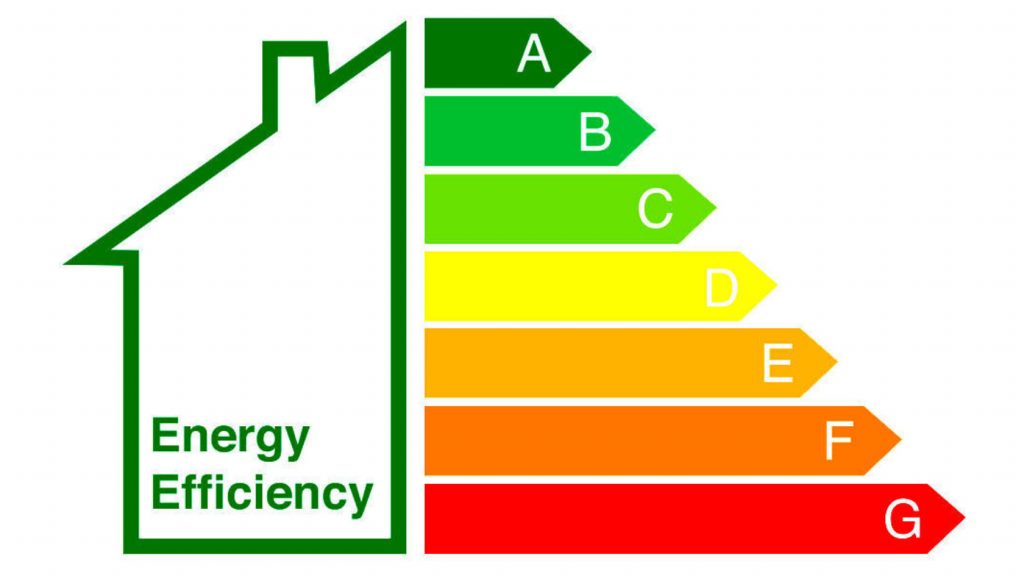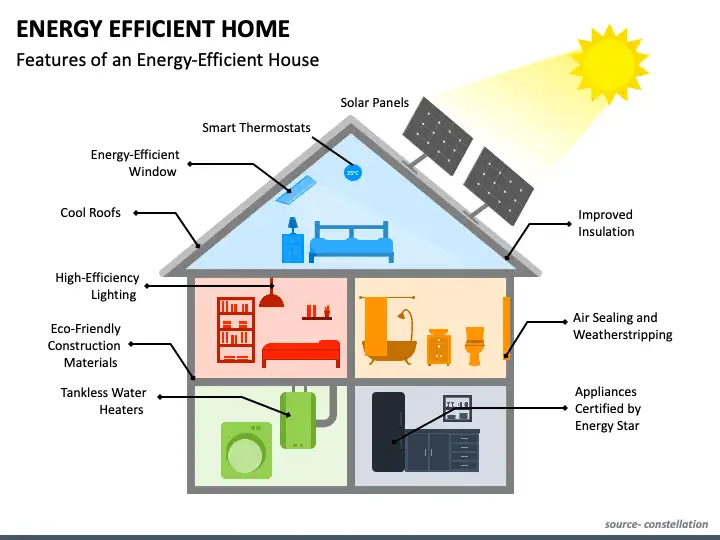

EPC’s carried out by a reliable person who will show up on time and promptly publish it, cost approx £99, depending on the size of the property.
Here are some key points about EPC’s:
An Energy Performance Certificate (EPC) in the UK is a document that provides information about the energy efficiency of a property. It is a legal requirement for most properties when they are built, sold, or rented. The purpose of an EPC is to help homeowners, buyers, and tenants make informed decisions about a property’s energy efficiency and its potential energy costs.
Here are some key points about Energy Performance Certificates (EPCs) in the UK:
1. **Energy Efficiency Rating**: The EPC rates a property’s energy efficiency on a scale from A (most efficient) to G (least efficient). A properties are the most energy-efficient and have lower energy bills, while G properties are the least energy-efficient and have higher energy bills.
2. **Recommendations**: The EPC also provides recommendations for improving a property’s energy efficiency, which can help homeowners and tenants reduce their energy consumption and lower their energy bills.
3. **Validity**: EPCs are typically valid for ten years, and property owners are responsible for obtaining and displaying an up-to-date certificate when they sell or rent out their property.
4. **Mandatory Requirements**: EPCs are required for most domestic and commercial properties when they are constructed, sold, or rented. There are exceptions, such as listed buildings or certain types of temporary structures.
5. **Assessment Process**: To obtain an EPC, an accredited energy assessor visits the property and collects data on various aspects of its energy usage, such as insulation, heating systems, lighting, and more. This information is then used to generate the energy efficiency rating and recommendations.
6. **Display**: The EPC rating must be displayed in any property that is being sold or rented, allowing potential buyers or tenants to see the property’s energy performance before making a decision.
7. **Penalties**: Failure to provide an EPC when required can result in fines. The amount of the fine can vary depending on the nature of the non-compliance and the type of property.
8. **Benefits**: Having a higher energy efficiency rating can make a property more attractive to buyers and tenants, as it indicates lower energy costs. It also contributes to reducing the carbon footprint of buildings, supporting the UK’s efforts to combat climate change.
In summary, an Energy Performance Certificate (EPC) in the UK is a document that assesses and rates the energy efficiency of a property, providing valuable information to property owners, buyers, and tenants to make informed decisions about energy use and costs. It is a legal requirement in most cases when a property is built, sold, or rented.



Here to Help you with our valued local contacts.